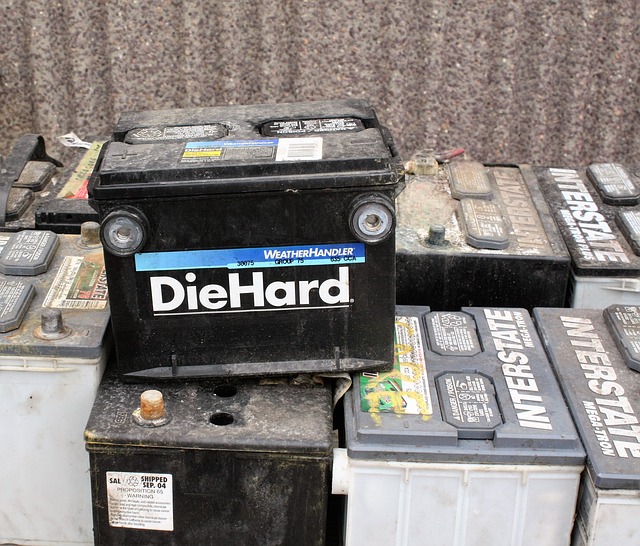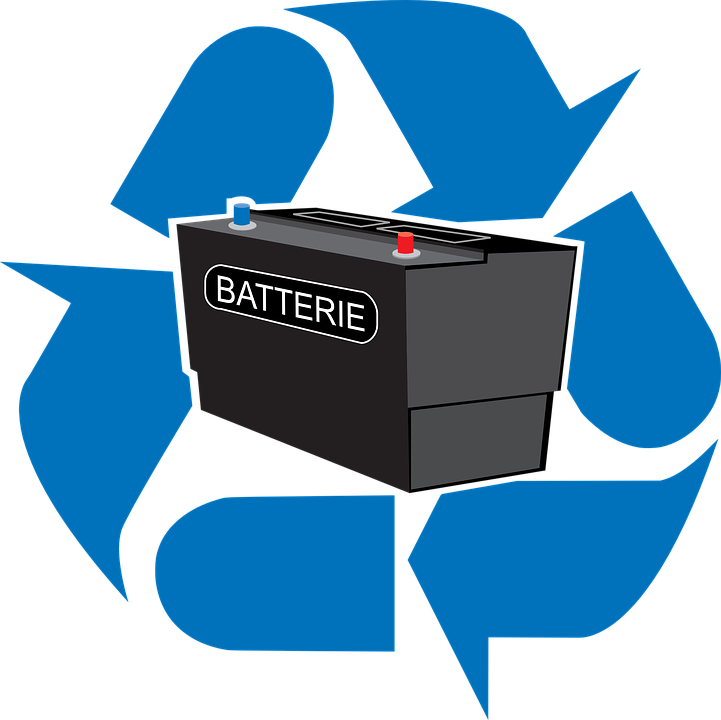Batteries are, in general, extremely polluting. It is therefore essential to ensure that they are recycled. This concerns car battery, which everyone should put in the right place.
The law states that the manufacturer or retailer of car batteries must collect the used batteries and assume the costs generated by their collection and transportation to the sorting centers.
Thus, throwing away your car battery in nature is punishable by a fine. How to avoid the fine while protecting the environment?
Where to dispose of your used batteries?
When a car battery becomes worn out, it is imperative to drop it off:
– to a garage;
– in a supermarket that collects batteries;
– at a car parts dealer.
Why is recycling car batteries essential?
Batteries contain lead and sulfuric acid, which are highly toxic for the environment:
– The plastic casing releases the heavy metals it contains over time. These are then released into the air, the soil, and the water.
– Once in nature, the various toxic substances contained in the metals penetrate living organisms (animals, plants, and humans…).
Good to know: lead car battery recycling plants are generally mature and profitable. The value of the lead recovered offsets the cost of recycling the batteries.
The process of recycling car batteries

When the batteries arrive at the recycling center, they are first crushed to separate the different materials:
– Lead, oxidized materials, and all metal parts are melted down for reuse.
– The electrolyte is also regenerated and can be reused.
– The plastic materials contained in the battery are also recycled.
What about electric car batteries?
These batteries, made from lithium, are much more efficient than their lead cousins. Their recycling will soon become a significant issue in the electric car market:
– Used for cars, airplanes, or even drones, they are becoming increasingly important in the battery market.
– Research projects and partnerships are being developed around the world to enable the recycling of these batteries, which is very expensive and difficult to set up.
Read more:
- What is ecology?
- The Environment and Factors Affecting it
- The three core environmental protection efforts
- Eco-friendly Construction – Advantages of Green Building
- How to Get USDA Organic Certification
- FAQs about Cooking Oil Recycling
- FAQs about Composting
- 7 Easy Ways to Reduce Ocean Plastic Pollution
- 5 Ways to Convert Excrement into Environmentally-Friendly Use
- Why are Bees Important to our Planet
- A Guide to Using Plastic Containers
- What is Inert Waste
- Why Go “Zero Waste”
- How To Conserve Resources And Save Our Planet
- A Regrettable Reality: Ecological Crime Mafias
- Air Conditioning and Ecology: An Overview of the Different Air Conditioning Gases
- Energy Saving – How does it work?
- Are Air-Purifying Plants Effective?
- Air Conditioning and Ecology: What Impact on the Environment?
- What Is a Bioclimatic House?
- What Are the Risks Associated with Excess or Lack of Relative Humidity?
- What Are the Procedures for HQE Certifications?
- How Do You Make Good Compost
- Vermicomposting: Raising Worms to Compost Your Waste
———-
- Ecologist Until Death? Choose the Cardboard Casket for Your Funeral!
- Advantages and limitations of Cardboard Caskets
- What Is Economical and Ecological Heating?
- The Causes of Humidity and Its Consequences on Our Health
- How Do You Recognize an Eco-Constructor?
- Environmental Aspects of Ecological Renovation
- Environmental and Economical Heating Towards Sustainable Development
- What Is an Energy-Saving House?
- Read This Before Considering Renewable Energy At Home!
- How Compost Is Ecological and Good for Your Garden
- Composting: Simple and Natural Way to Save Our Planet
- 7 Basic Eco-Gestures on Vacation
- 5 Ways to Limit Your Ecological Footprint on Vacation
